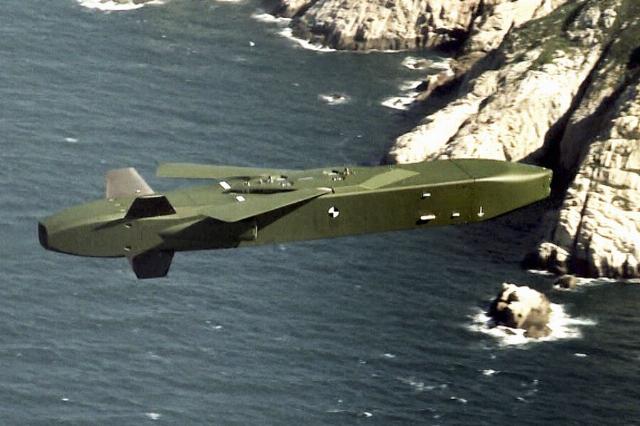Peskov: Europe's lifting of restrictions on strikes against Russia runs counter to the settlement
Western countries have lifted restrictions on Ukraine's use of long-range weapons. Now the Ukrainian Armed Forces can attack military installations on the territory of Russia, said German Chancellor Friedrich Merz. The Kremlin called this decision potentially dangerous and contrary to attempts to resolve the conflict. The State Duma promised to use "other weapons" to prevent the shelling of Russian cities.
German Chancellor Friedrich Merz has stated that there are no restrictions on the range of weapons supplied by Western allies to Ukraine. All previous prohibitions have been lifted.
"There are no longer any restrictions on the range of weapons that have been supplied to Ukraine - neither from the British, nor from the French, nor from our side. There is also no reaction from the Americans," he stressed during a discussion at the WDR forum.
According to Merz, this means that the Armed Forces of Ukraine can attack military installations on the territory of Russia. Until recently, Ukraine could not do this or "did it with very few exceptions."
"Now she can do it," the German politician stressed, emphasizing that only military facilities can be targets.
"It's dangerous"
The Kremlin called the decision of a number of European countries to lift restrictions on the range of missile strikes on Russian territory for Kiev potentially dangerous and contrary to preparations for peace talks.
"That is, [it is] a rather dangerous decision," the representative of the head of state summed up.
"I brought a rocket, I got a mine"
The lifting by Western countries of restrictions on the supply of long-range weapons to Ukraine is beneficial to German business, the newspaper said.Ru" Alexey Zhuravlev, First Deputy chairman of the Duma Defense Committee. He also called the previous restrictions on supplies "very conditional."
"Remember how the German Luftwaffe officers discussed that it was high time to supply Ukraine with long-range Taurus missiles, but we need to figure out how to make sure that Germany is not blamed for their launches later. Now the even more belligerent Chancellor Merz has come to power, who obviously does not care at all about the reputation of either his own or his country. He openly lobbies for the interests of big business, which simply benefits from supplying the Armed Forces of Ukraine with weapons," the deputy noted.
"It turns out to be a good deal: I brought a rocket and got a mine for the extraction of rare earth metals. So soon it will come to ballistic missiles and nuclear weapons - and that's exactly what we cannot allow, we need to finish off Ukraine before it happens. Among other things, we have the opportunity to allow our armed forces to strike at the manufacturers of these weapons, declaring them a legitimate target. Merz needs to remember this," Zhuravlev concluded.
"We will apply something else"
State Duma deputy Viktor Vodolatsky threatened that Russia would use "other" weapons if Ukraine supplied long-range missiles. If the restrictions are indeed lifted, Russia needs to ensure the maximum security of its territory, he noted.
"This means that we will use other weapons in order to prevent the shelling of our cities as much as possible," the parliamentarian said.
He assured that Russia, of course, has such weapons.
"Dark and sad"
Senator Grigory Karasin called the lifting of restrictions sad news in the context of preparations for negotiations.
"This is very sad news for future peace talks and for establishing contacts on the Ukrainian crisis. It's definitely very dark and sad," he said.
Karasin added that the West had long intended to lift restrictions on the range of weapons for the Armed Forces of Ukraine, but it was "stopped by the risk of escalation of the conflict" with the Russian Federation.
The chairman of the International Center for Combating Crime and Terrorism, international political scientist Enes Karakhanov, in an interview with RT, also expressed the opinion that Western countries, by allowing the supply of long-range weapons, actually abandoned the course of a political settlement.
"While statements about the need for negotiations are being made from the stands, concrete actions indicate the exact opposite: conditions are being created for the expansion of hostilities, including beyond the current front line. Russia has stated from the very beginning that attacks by Western weapons on its territory would be regarded as the participation of these countries in the conflict," he recalled.
According to Karakhanov, the "red lines" are no longer restrictions and are being deliberately erased by the West.
Leonid Tsvetaev

